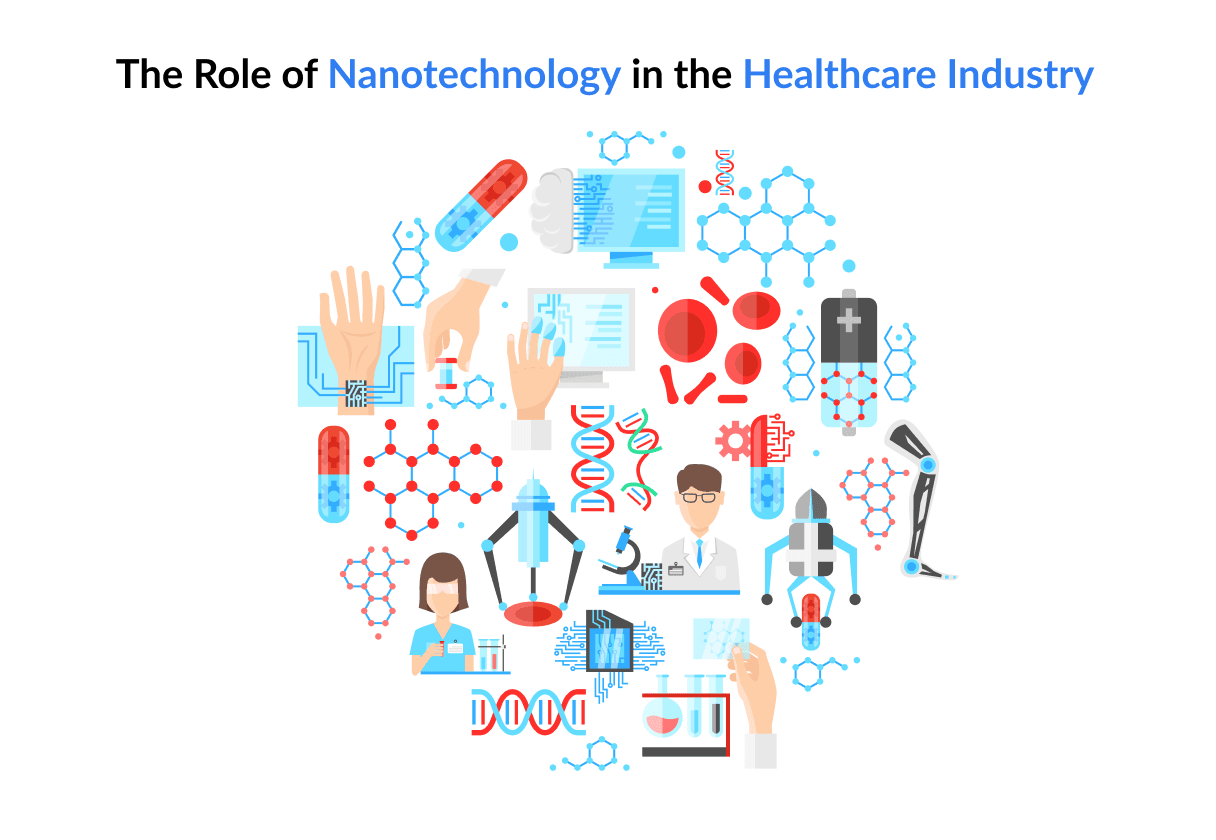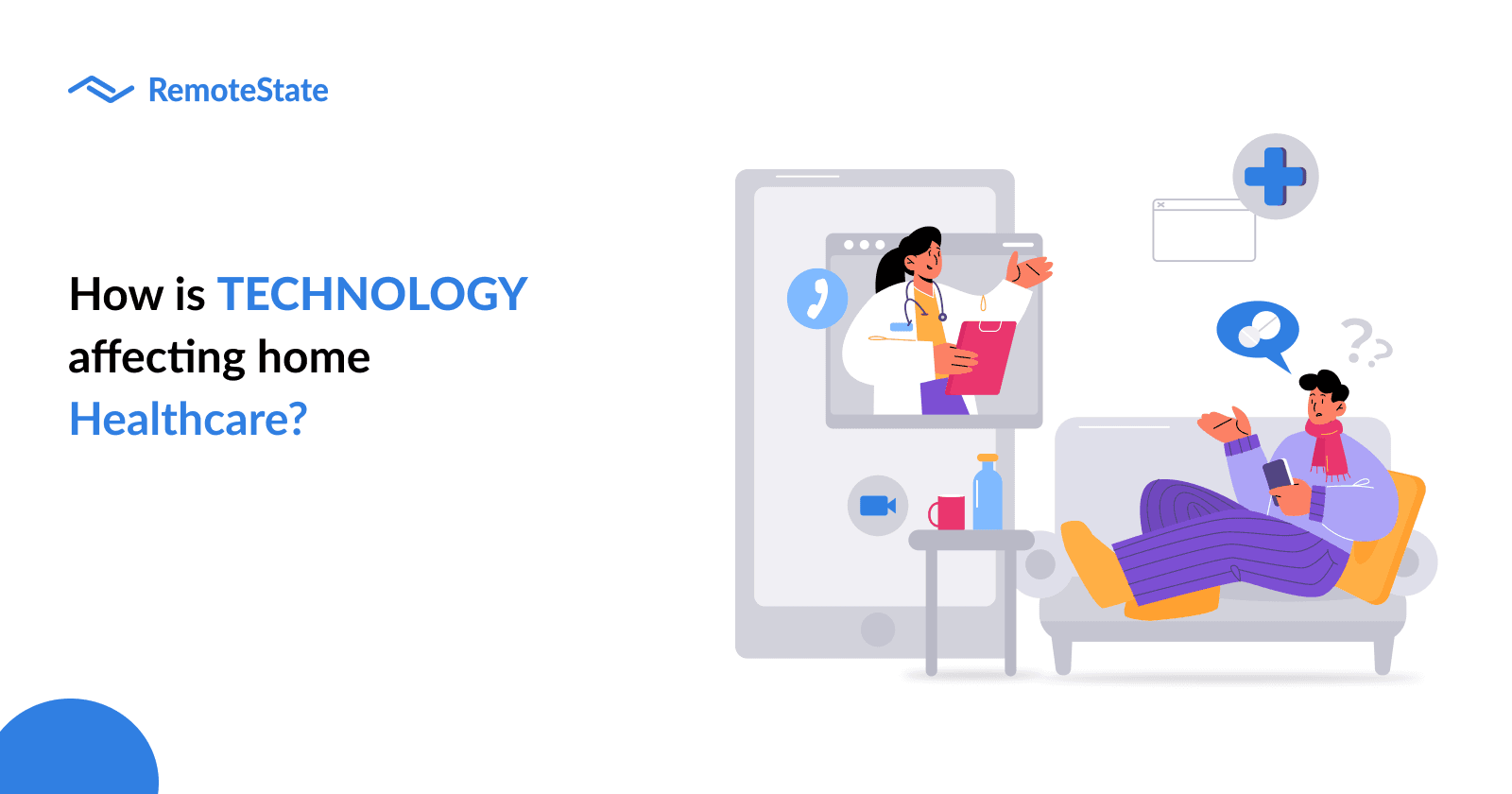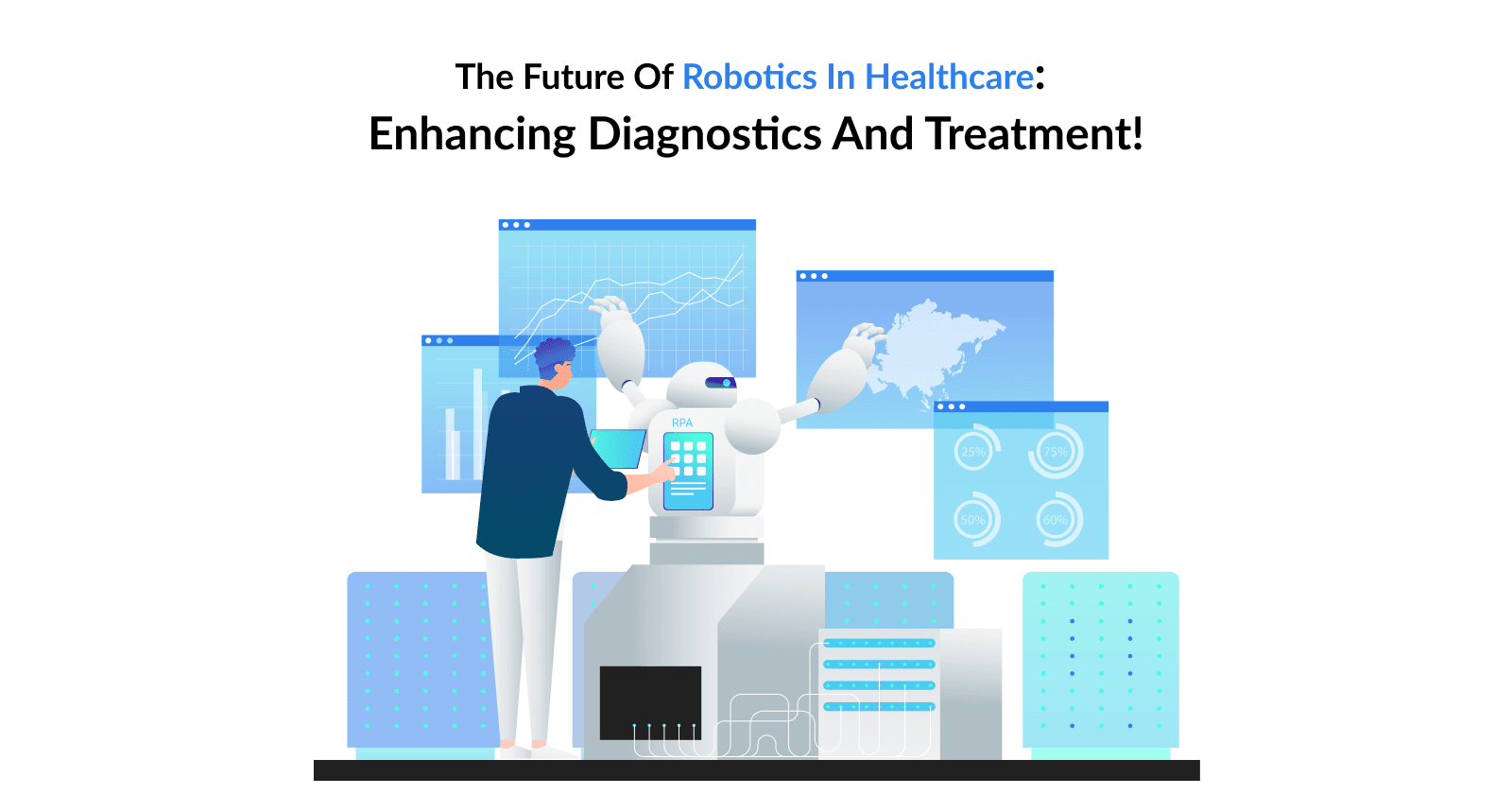In the modern era, automation is the technology that is most discussed and used.
The advantages are enormous. The scope of automation was previously thought to be quite modest given the services the healthcare sector offers.
The cause is the high level of expertise necessary for the position, a lack of resources, and the rapidly rising demand for health professionals.
Automation is often only considered for industries that have the potential to replace low-skilled personnel. However, the healthcare sector is viewed as a chance to integrate RPA in healthcare procedures and address pressures.
RPA in Healthcare: Its Scope and Advantages
Healthcare personnel manually completed a large number of administrative tasks that are time-consuming and laborious.
Another problem was making sure the work was accurate while also making sure to comply with the rapidly changing healthcare rules and regulations.
The healthcare sector underwent a profound transformation as a result of the development of RPA (robotic process automation).
RPA can be used to implement personalised care while lowering overall expenses and raising the standard of care.
Additionally, this guarantees complete compliance with rules and regulations, minimises errors and blunders, and ultimately boosts operational effectiveness.
The healthcare sector runs in real-time with no margin for error or delay.
Automation is used for jobs involving logic and structured data where judgments are based on a predetermined set of rules.
The unstructured data sets can be processed and used for automation thanks to tools like optical character recognition (OCR) and natural language processing (NLP).
RPA with AI (Artificial Intelligence) integration produces cognitive automation, which uses bots to carry out tasks that would typically be performed by humans.
What is the scope now that we are aware of how RPA is upending the healthcare sector?
Scope
The patient experience has undergone major changes as a result of newly developed advanced technologies including artificial intelligence (AI), intelligent automation (IA), and machine learning (ML).
The back-office operations time can be significantly reduced in the healthcare industry by utilising automation.
Let us take a look at some of the examples of healthcare automation solutions.
It is assumed that a trip to a specialist and regular follow-up visits are necessary for any medical issue since patients prefer to speak with someone in person about their health problems and symptoms.
The employment of AI-powered platforms, however, enables the application of potentially effective treatments with a personal touch between regular visits to the clinics.
This gives medical professionals greater efficiency.
Automating the immunisation regimen up to a specific age is another illustration of how patient experience can be improved.
Utilising the programme, the vaccination schedule can be calculated, and then reminders may be sent to parents prior to the scheduled vaccine date.
Health Transcription
NLP may be used to efficiently educate computers to transcribe and modify reports that are dictated by doctors and other healthcare professionals.
For the purpose of creating reports, machine learning algorithms can convert speech to text.
- Support for Clinical Decisions
Analysis of numerous reports, prior experience, and a host of other criteria are necessary in order to diagnose a clinical condition and make a choice.
These can be carried out automatically without ever accidentally missing a data point thanks to the integration of AI and Intelligent Automation.
This will enable the specialist to provide patients with more individualised, comprehensive care.
- Increased Staff Utilisation
The healthcare sector has long had difficulties finding qualified employees because of this need.
Healthcare automation solutions can provide significant relief by utilising the workforce with the proper optimization for the primary task.
It is crucial to make sure that the hospital's pharmaceutical inventory is carefully tracked and that stock levels are kept at optimal levels in order to offer the best possible patient experience.
Healthcare automation can be used to track inventory.
To automate the maintenance and requirement process, this can also be coupled with vendors.
Advantages
- User Experience That Is Customised
This is the kind of experience that is widely seen as being integral to every service sector, including healthcare.
Here, automation can take over from people and reduce the time-consuming administrative work.
Robots can finish a task that takes humans ten minutes to complete in just two minutes.
Patients are satisfied as a result because they feel valued and receive information quickly and accurately.
- Increased Presence at Appointments
Without the assistance of the hospital staff, appointment scheduling can be automated.
Since the appointments can be scheduled much more quickly, this will not only reduce the demand for resources but also contribute to improve the client experience.
Reminders sent by RPA bots make it less likely that the patient will forget the appointment, increasing the likelihood that they'll show up.
Higher levels of customer service can also help to streamline the admission and discharge of patients.
- Getting Rid of Human Errors
Automation's primary goal is to carry out routine jobs accurately while adhering to all process steps and compliance regulations.
RPA implementation will be very advantageous, especially for administrative activities.
- An Increase in Employee Satisfaction
RPA benefits human workers by freeing them from monotonous, repetitive duties and improving their capacity for superior customer service.
This frees up their time so they can engage in intelligence- and strategy-based roles, improving their continuous learning and progress.
Employee satisfaction levels immediately rise due to the prospects for growth and the sense of contributing to the organisation.
The idea that technology services are expensive is untrue.
RPA in the healthcare industry promises significant cost reductions by completing activities more quickly and accurately.
As a result, human resource expenses are reduced, repetitive tasks caused by mistakes and noncompliance are eliminated, and patient care is ultimately improved.
Automated processes increase the security of data flow.
The reports area is handled by humans, so it's possible that another employee or an unauthorised individual will gain access to the reports.
The paper records are straightforward to retrieve even if this wasn't the aim.
However, automatic procedures restrict access to those who are permitted, making it secure.
The deployment of RPA in the healthcare sector also makes it possible to save data electronically, extract it, and migrate it for a variety of uses, including research and second opinions.
RPA's Healthcare Applications
Let's examine some of the top RPA in healthcare use cases to have a better understanding of why the healthcare sector should adopt intelligent automation.
- Organizing & Making Appointments
Without human participation, the appointment scheduling procedure is made quick and easy by automating it.
Customers feel appreciated and significant when they receive timely reminders and are reminded of their appointments.
To avoid misunderstanding and inconvenience, any modifications to the timetable caused by the doctor's absence can also be promptly communicated.
Providing healthcare necessitates keeping numerous accounts for the same patient, including those for consultations, testing, medications, etc.
Manually managing and computing them increases wait times and is prone to errors.
RPA makes it simple to combine all the accounts in one location and do the right calculation with only a few clicks.
The patient won't have to wait in lines for account settlement by receiving notifications automatically.
- Digitization of Documents
RPA can employ intelligent document processing (IDP) to prepare and ingest documents using NLP, OCR, and other data labelling techniques.
It is simple to create and preserve patient-related repositories that include data about their medical records and insurance claims.
The difficult insurance claim process is simplified with RPA.
By automating it, you can make sure that the necessary compliances are satisfied while also ensuring that the process is completed in less time.
Automation, of course, makes the entire process simple and error-free.
At any healthcare organisation, managing routine workflow encompasses a number of activities, including but not limited to patient care, inventory management, follow-ups, resource use, and much more.
It is undoubtedly a time-consuming, error-prone, and ineffective strategy to manage them all manually.
By automating these fundamental operations, resources will be used more effectively and attention will be paid to crucial tasks.
What can Remotestate do to help?
The healthcare sector is having trouble managing patient data and finding specialist resources. You may install RPA solutions quickly and effectively by working with a healthcare app development business.
You can work with Remotestate to create a solid RPA solution for your healthcare organisation. We take great delight in accepting assignments of all sizes and forms thanks to our staff of expert specialists. We have catered to businesses with broad portfolios because we are a company that primarily develops AI and healthcare technology.
We are eager to use technological innovations to provide the product that meets your needs.
Tell our specialists about your needs.


